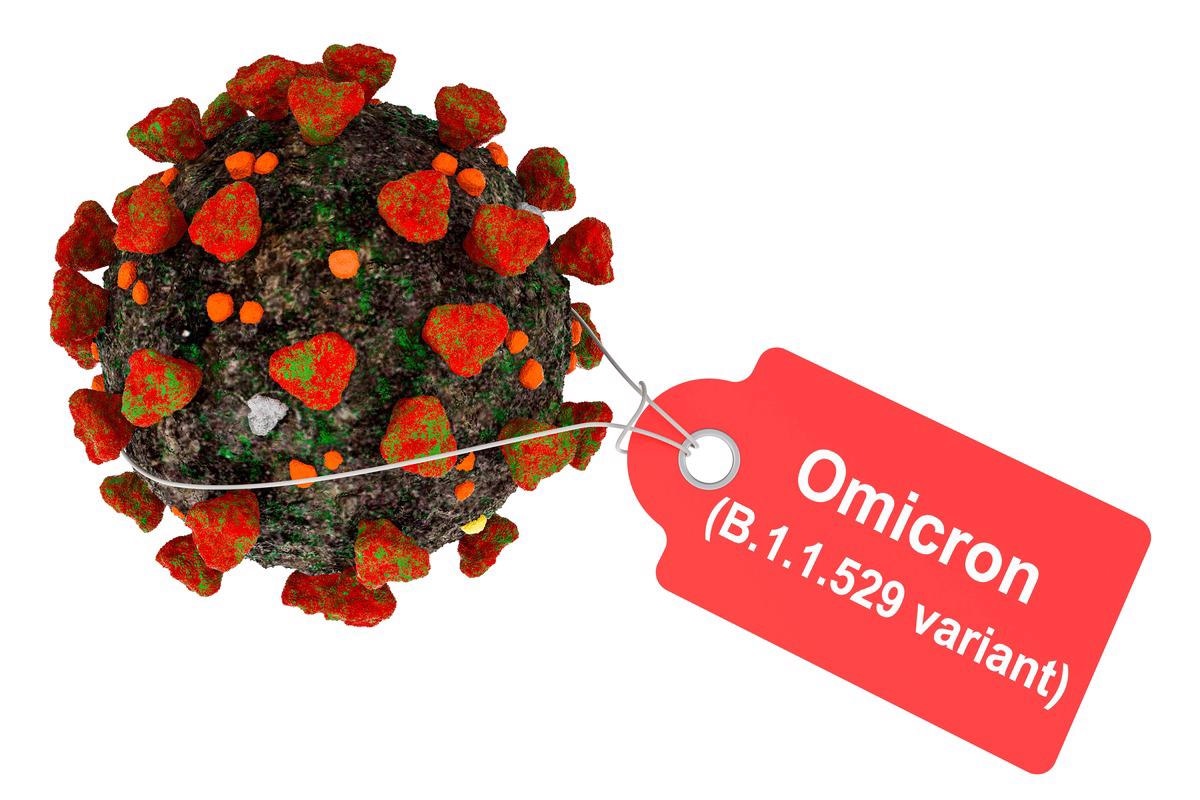Antibodies are critical when talking about protection against severe acute respiratory syndrome coronavirus 2 (SARS-CoV-2) and its associated variants. However, antibodies are not the only weapon the immune system has at its disposal.
 Study: T cell response following anti COVID-19 BNT162b2 vaccination is maintained against the SARS-CoV-2 Omicron B.1.1.529 variant of concern. Image Credit: natatravel/Shutterstock
Study: T cell response following anti COVID-19 BNT162b2 vaccination is maintained against the SARS-CoV-2 Omicron B.1.1.529 variant of concern. Image Credit: natatravel/Shutterstock
As an undervalued but important member of the immune system, T cells are essential for preventing the virus from spreading and as a result, limiting the progression for severe disease.

 This news article was a review of a preliminary scientific report that had not undergone peer-review at the time of publication. Since its initial publication, the scientific report has now been peer reviewed and accepted for publication in a Scientific Journal. Links to the preliminary and peer-reviewed reports are available in the Sources section at the bottom of this article. View Sources
This news article was a review of a preliminary scientific report that had not undergone peer-review at the time of publication. Since its initial publication, the scientific report has now been peer reviewed and accepted for publication in a Scientific Journal. Links to the preliminary and peer-reviewed reports are available in the Sources section at the bottom of this article. View Sources
In the absence of antibodies or waning immunity against variants such as Omicron, T cells have remained on the front lines in protecting against foreign pathogens.
A new study published in the bioRxiv* preprint server measured T cell activity in vaccinated individuals and found a third vaccine provided substantial T-cell immunity against the Omicron variant.
As newer emerging VOCs are identified, maintenance of long-term protective immunity of vaccinated individuals represents a public health concern of high priority,” wrote the research team.
The study
The present study tracked the T cell responses of eight healthy and fully vaccinated and boosted individuals living in Israel against the Omicron variant and the original SARS-CoV-2 Wuhan strain.
The average age of participants was 27.1 years old, with ages ranging from 20 to 52 years. All individuals were vaccinated with the Pfizer-BioNTech vaccine. The participants were not previously infected with SARS-CoV-2.
All participants donated their blood where researchers studied the type and level of response of peripheral blood mononuclear cells (PMBC) against a mixture containing the make-up of the SARS-CoV-2 spike protein. The samples were collected 4 to 5 months after their third booster.
Results
Exposure to spike-derived peptides induced an IFNg response and low IL-10 response. Against both the original SARS-CoV-2 and Omicron spike protein, there was a small reduction in response.
With the original SARS-CoV-2 spike protein, there was a non-significant decrease from 201 IFNg-secreting cells to 188 cells. The IFNg response was greater than the IL-10 response.
From the three Pfizer-BioNTech vaccines, there appears to be a dominant Th1, but not Th2 response against SARS-CoV-2.
Because the data was similar to both the original SARS-CoV-2 spike protein and Omicron’s, the researchers predict the CD4 and CD8 components of T cells would most likely remain steady against both variants as well.
Conclusion
Having a strong Th1 response correlates with protective immunity. However, more research is on T-cell responses against SARS-CoV-2 variants of concern is needed in older populations at high risk for severe COVID-19 infection.

 This news article was a review of a preliminary scientific report that had not undergone peer-review at the time of publication. Since its initial publication, the scientific report has now been peer reviewed and accepted for publication in a Scientific Journal. Links to the preliminary and peer-reviewed reports are available in the Sources section at the bottom of this article. View Sources
This news article was a review of a preliminary scientific report that had not undergone peer-review at the time of publication. Since its initial publication, the scientific report has now been peer reviewed and accepted for publication in a Scientific Journal. Links to the preliminary and peer-reviewed reports are available in the Sources section at the bottom of this article. View Sources